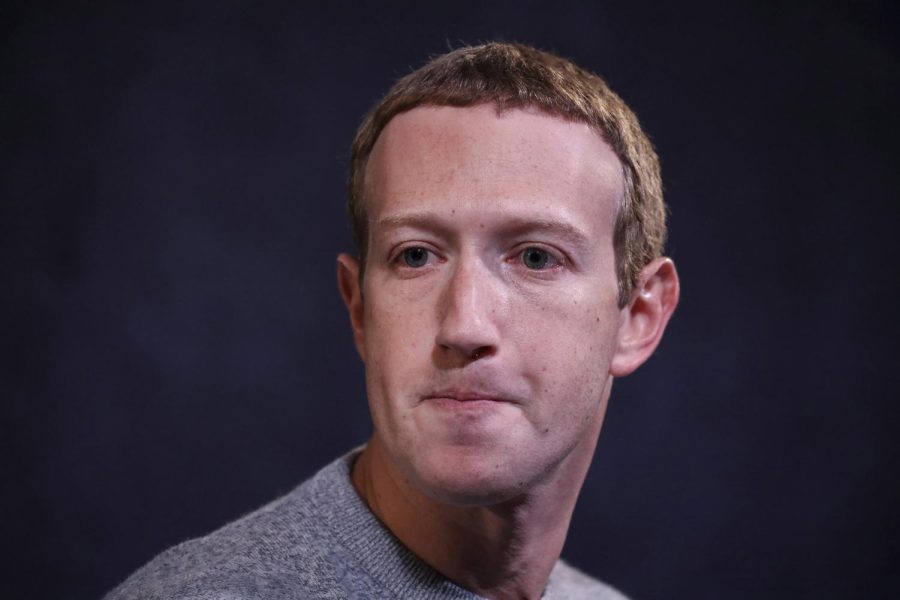For $11.99 a month on the web and $14.99 a month on IOS, ordinary Instagram and Facebook users can purchase a blue verification badge. As announced by CEO Mark Zuckerberg on Feb. 19, the subscription service is called Meta Verified and its launch has sparked controversy.
Meta is currently testing the service, but, as of now, businesses are not eligible to apply for Meta Verified. The company said that verified users will not be able to change their profile name, username, date of birth or profile photo without redoing the application process.
Meta isn’t the first company to have this idea. Over the past year, several social media platforms have released a paid version of their services. For example, Snapchat released Snapchat+ in 2022, and Elon Musk began offering a blue verification check mark to paying Twitter users late last year.
In an Instagram post, Zuckerberg wrote, “This new feature is about increasing authenticity and security across our services.”
Users who apply for verification must be at least 18 years old and must provide a government ID to the platform. In addition to a verification badge, Meta also provides proactive account protection, access to direct account support, increased visibility, increased reach, and exclusive features.
Despite the few pros listed on their official website, Meta Verified is actually harmful to its users.
There is already a major problem with disinformation being rapidly spread on social media platforms such as Instagram and Facebook. Verified check marks originally allowed users to trust an account’s content, but that is no longer the case. Not having restrictions on who can purchase a verification badge takes away the significance of having one.
The checkmarks might as well not exist since they have lost their importance and no longer serve a purpose.
In addition, Meta Verified puts low-income earners at a disadvantage. A financially comfortable individual can easily pay for verification which often leads to content popularity. A low-income earner cannot comfortably do the same, which puts their content creation popularity at a disadvantage.
Social media used to provide equal opportunities for all, and that is unfortunately no longer true. Content creation is a desired career for many people in recent years, and it is terrible that paying for verification is now an option.
Content creators and influencers used to work hard to become verified. Now, creators no longer have to put as much effort into their content; all they need to do is spend about $180 a year to increase their likes and view count. It is becoming socially acceptable to just pay for the status instead of working hard for recognition. Several people have previously raised concerns that social media is making people lazy, and Meta Verified makes these concerns even bigger.
Zuckerberg needs to realize the negative effects of Meta Verified and stop this service.




